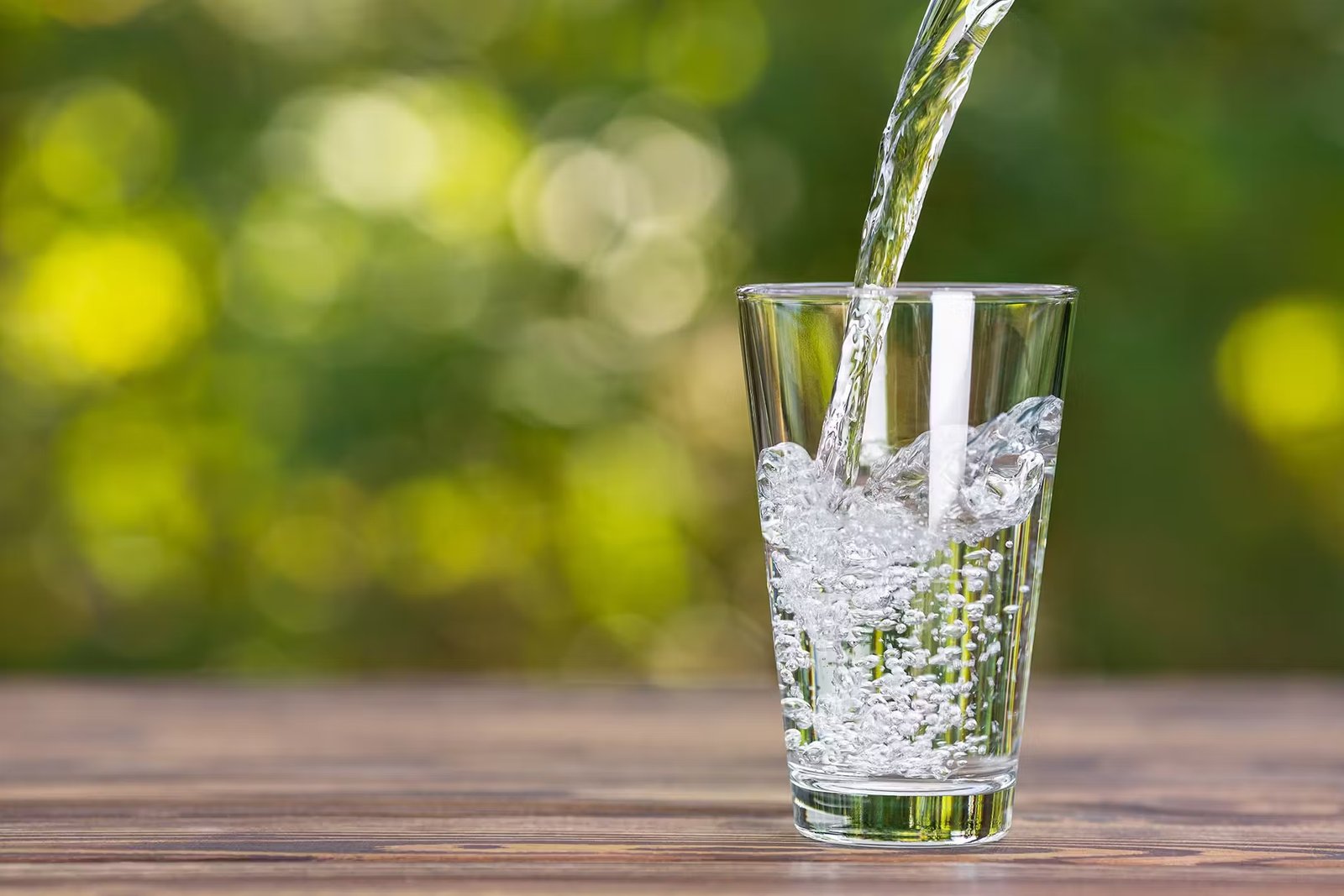
Hard water is a common issue in many regions, including the UAE. It contains high levels of dissolved minerals like calcium, magnesium, and, in some cases, heavy metals. While hard water is safe for general use, these impurities can lead to various inconveniences and health concerns. This article explores the composition of hard water, its effects, and how to mitigate them effectively.
Also read: Shower Filters and Their Role in Reducing Allergens in Water
Hard water is water that contains a high concentration of minerals, primarily calcium and magnesium ions. These minerals enter the water supply as it flows through rocks, soil, and pipes. While the presence of these minerals is natural, it can affect water quality and usage.
Also read: The Impact of Water Quality on Newborn Health and Comfort
Hard water can strip your skin and hair of natural oils, leaving them dry and damaged. The minerals can also clog pores, contributing to acne and other skin issues.
Also read: Benefits of Shower Filters for Children’s Sensitive Skin
The minerals in hard water can form deposits, known as limescale, on plumbing fixtures, showerheads, and tiles. Over time, this buildup reduces the efficiency and lifespan of appliances.
Also read: Top Benefits of Using a Shower Filter in the UAE
Hard water reacts with soap, reducing its ability to lather effectively. This can leave residue on dishes, clothes, and skin, making cleaning less efficient.
While hard water is not harmful to drink, long-term exposure can have minor effects on health. For instance, high levels of calcium and magnesium may contribute to dry, irritated skin.
A shower filter is one of the simplest solutions for tackling hard water’s impact on your skin and hair. It removes minerals and other impurities, leaving you with cleaner, softer water.
Blue Oasis Shower Filters are designed to combat hard water in the UAE, offering advanced multi-stage filtration to ensure healthier showers.
Water softeners work by replacing calcium and magnesium ions with sodium or potassium ions, effectively reducing water hardness throughout your home.
Cleaning fixtures regularly and descaling appliances can minimize limescale buildup, keeping them functioning efficiently for longer.
Hard water is a common issue that affects daily life in many ways, from skin and hair health to the longevity of household appliances. Understanding its impurities and effects is the first step toward mitigating these challenges.
Invest in solutions like Blue Oasis Shower Filters to enjoy cleaner, softer water that promotes a healthier lifestyle. Make the switch today and experience the difference!